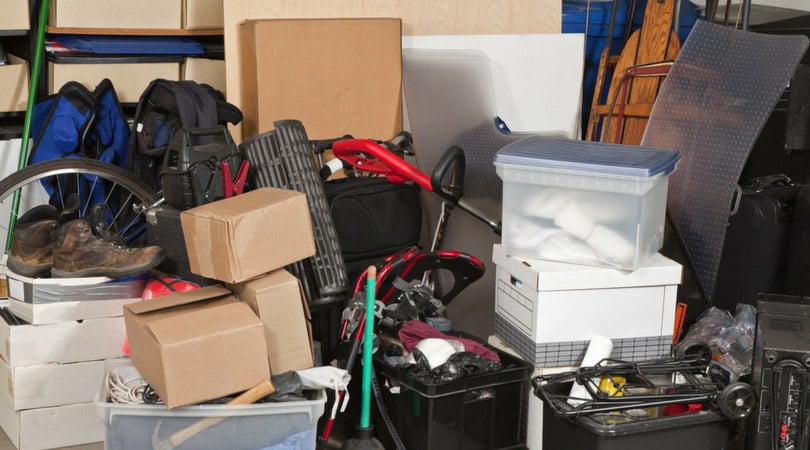Every day we are bombarded with information. If we took in everything we see, touch, smell, and taste in full our memory circuits would overload, and we wouldn’t get anything done. So, as an evolutionary mechanism to cope we scan information and then form quick impressions.
We form impressions of a person, family or business from just a microsecond’s exposure – we then look for clues to reinforce our impression through subsequent seconds. Our brain is like a scientist – forming a hypothesis and then looking for evidence to support our hypothesis.
Let me share something about how this works. This past week I have been at my mother’s house. She is currently in hospital after a fall and can no longer live independently. She will be moving to a high care nursing home once her health improves and will not be returning to her home of more than 30 years. This week I have been going through her things, helping her work out what she will take with her and what she is ready to let go.
As I went through each drawer, each shelf and each cupboard, I found myself adopting the role of detective. Trying to find clues about my mother and what her life was about aside from the bits I knew. I looked at each of the objects she had collected over the years, each of the books on the shelves and each CD.
I observed the tangle of objects in drawers and behind cupboard doors, whereas on the surface things were neat. I saw the mountain of paperwork – envelopes unopened and personal papers unfiled. I found pieces of her personality scattered in the corners of bought and never used mail order and buried in the mounds of sheet music to be sorted.
Looking as a detective, I would conclude that her life was about music – that her soul beat to the drum of song, that she was happiest when singing or playing the piano, and that everyday life overwhelmed her so much that she blocked it.
I would surmise that she defined who she was by what where she came from and what she did. Her early years in Estonia still loomed large, and she was very proud of her children and what they accomplished. Her role as the church organist and choir mistress for a large community choir dominated her life, and when these roles passed in recent times through her human frailty, she no longer knew who she was.
I would conclude that she sought solace in buying stuff that she would never use or need purely for the moments of pleasure opening presents gave her. I would conclude she was proud, stubborn and independent of spirit – and giving ground on any areas was a battle that was very hard fought. That she would do anything and buy anything to keep her independence and to remain right.
Yes … this assessment is personal. Every day your customers and your employees make the same sort of personal judgements about you and your business based on the “stuff” in your business.
They look at the same sort of things that I looked at and make decisions about everything from how profitable your business is, through to the personalities of the management team based on quick nanoseconds of exposure.
People notice that your branding isn’t consistent. That your brochures are curling or dog-eared rather than fresh and new. They see the dust bunnies in the corners, the fading stock boxes, the piles of paper and messy desks.
They pick up on the spelling mistakes and the absence of name badges. They hear the bored tone or the forced cheerfulness in the phone answering. They see through the “try too hard” furniture or the “make do with grandma’s couch” in the waiting room. People notice “stuff”.
The best time to ask employees about “what the culture is like around here” is to ask them in the middle of their first week of employment. They can usually describe with pinpoint accuracy how focussed or how slack your business is. They can tell you the gaps between what is said and what is done, and they have a pretty strong idea of how effective your management team is. Find a way to tap into this knowledge, and you will save thousands on business consultants trying to analyse your culture for you. How did your employees come to these conclusions? Simply … they looked at your “stuff”.
So, what does your “stuff” say about you? What message does your stuff say about how you run your life and your business? What does your stuff tell people about your personality and your profitability?
Take a look around your office today to see what your stuff is telling people. Perhaps you may find it is time to clear some of your stuff that no longer serves you or reflects who you are today. Only keep stuff that truly makes your heart sing and that defines who you are. After all – that’s the sort of stuff that will attract the right employees, friends and customers to you and your business.



